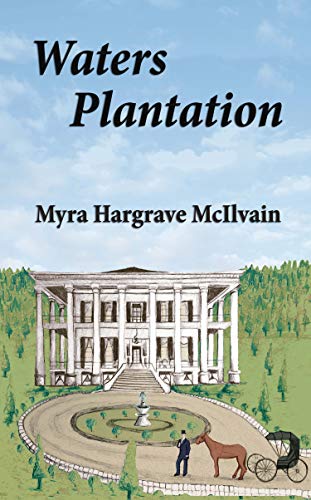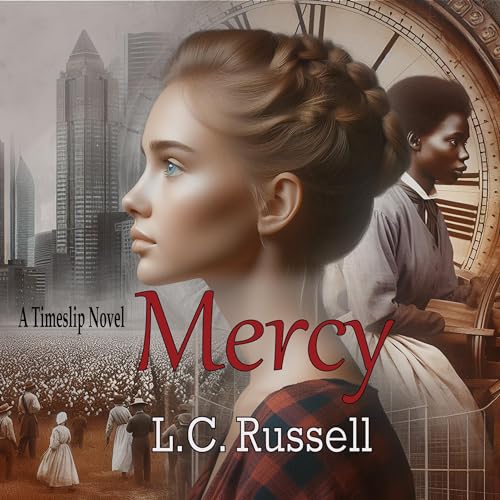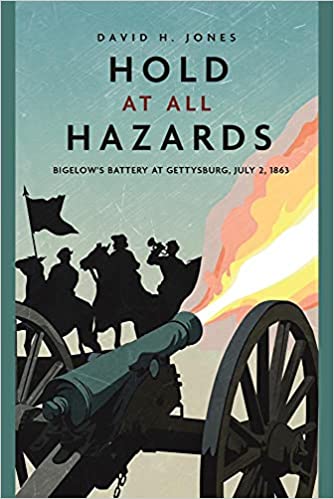Review by Rox Burkey
Author McIlvain creates an accurate historical account of a Texas plantation owner, Albert Waters, during Reconstruction, circa 1875. His son brilliant, Toby, is heading for Harvard Medical School in the fall. The morning following Toby’s class farewell party, he confronts his father that result in deep buried secrets exposed.
“Al pulled the pan of grease off the hob, shoved the skillet of eggs to the back of the stove, poured himself a cup of coffee, and slid onto the bench across from his son. “What’s up, Toby?”
“Why do you call me that?” He hunched over his cup, both hands gripping it in a vise.
Al shook his head, a blank stare on his face. “What do you mean?”
“It’s not my name. My name’s Tobias. I don’t remember you ever calling me by my name. Violet is the only one who ever called me Tobias.”
Al felt the old fear rising in him, the dread he had lived with since the boy’s birth. “You were so little. Tobias seemed like a big name for such a small package.” Al spoke the truth.
“I’ve been bigger than you since I was twelve.”
Al shook his head, groped for an answer.
He wrapped his fingers around his cup to dull the tremble. “All right. I’ll ask straight out. Before I leave today, I want to know the truth. Was my mother your slave?”
This passage not only provides an insight to the compelling writing by McIlvain in this emerging family saga, but also allows me to see into the heart of this character. I really enjoyed watching Tody grow, mature, and evolve. Toby is a complex character who chooses a difficult path. Even though Toby can “pass” as white, after his first year in Harvard he seems to accept his mixed racial heritage.
During a time in history when the KKK are attacking freedman to put down any thoughts of real equality between whites and black, Al Waters and his wife Amelia optimize the plantation as a cooperative venture. Amelia helps to bridge the distance between father and son over a long period of time with small advancements.
The rich details of the characters and their interactions feel very real and pulled me into the world and taught me elements of Texas history I had not known. I felt the sadness and joy at different parts as if I were a member of a family who would carry on for generations. I can recommend this story to those who enjoy history, Texas life before the turn of the last century and viewpoint of the racial battles faced by all.
About the Author:
Storytelling, especially Texas stories, is part of Myra Hargrave McIlvain’s heritage from the time of her birth in the family’s hundred-year-old log house in Northeast Texas, to the family’s move to Houston where Myra grew up. Her writing career began with the publication of a family humor column that spanned the years she raised her children.
A move to Austin offered the opportunity to write Texas historical markers and articles about Texas that appeared in the US, Mexican, and Canadian newspapers and in magazines such as TEXAS HIGHWAYS.
McIlvain has written six nonfiction books about famous and infamous Texas sites and characters. Her most recent, the award-winning TEXAS TALES, STORIES THAT SHAPED A LANDSCAPE AND A PEOPLE, is a collection of 113 of her favorite Texas history blog posts.
McIlvain’s historical fiction includes STEIN HOUSE, A GERMAN FAMILY SAGA and THE DOCTOR’S WIFE both of which chronicle the development of the thriving German seaport of Indianola on the Texas coast. The characters in those award-winning books have recently returned in a sequel, WATERS PLANTATION, which opens in 1875 post Reconstruction Washington County.
A LONG WAY HOME, released February 2020, is the story of a woman who fulfilled her dream of escaping her abusive husband when the North Tower fell on 9/11.
Follow and find Myra at the following links
A Long Way Home – Texas Tales – Waters Plantation – The Doctor’s Wife – Stein House – Kirkus Best of 2014 – Website – Blog











